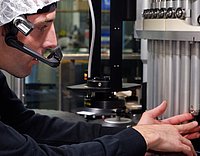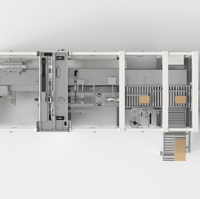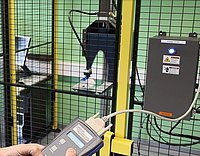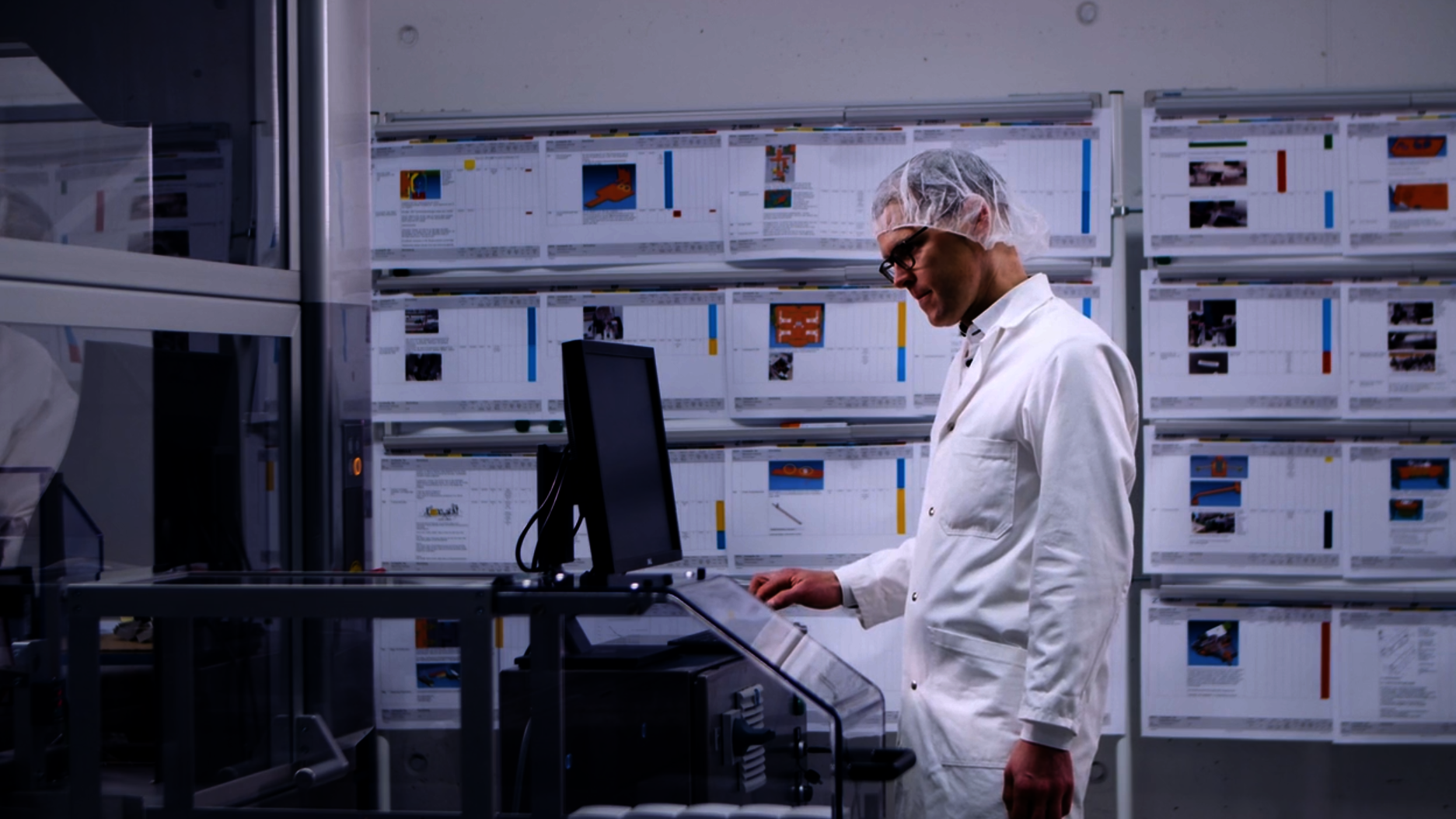How does a MES work in pharmaceutical manufacturing?
MES solutions function by collecting, analyzing, and processing data from various manufacturing systems. The workflow typically includes:
Order Execution & Scheduling: MES helps schedule production orders based on material availability, equipment status, and workforce allocation.
Real-Time Data Collection & Process Control: The system gathers real-time shop floor data, tracking raw material usage, machine performance, and environmental conditions.
Electronic Batch Record (EBR) Management: Instead of paper-based batch documentation, MES ensures automated recording of production data to improve traceability and compliance.
Quality Management & Compliance: MES integrates with quality control (QC) systems to identify deviations, enforce corrective actions, and ensure regulatory adherence.
Integration with Other Systems: MES connects with enterprise resource planning (ERP) and laboratory information management systems (LIMS) to enable seamless data flow across the organization.







